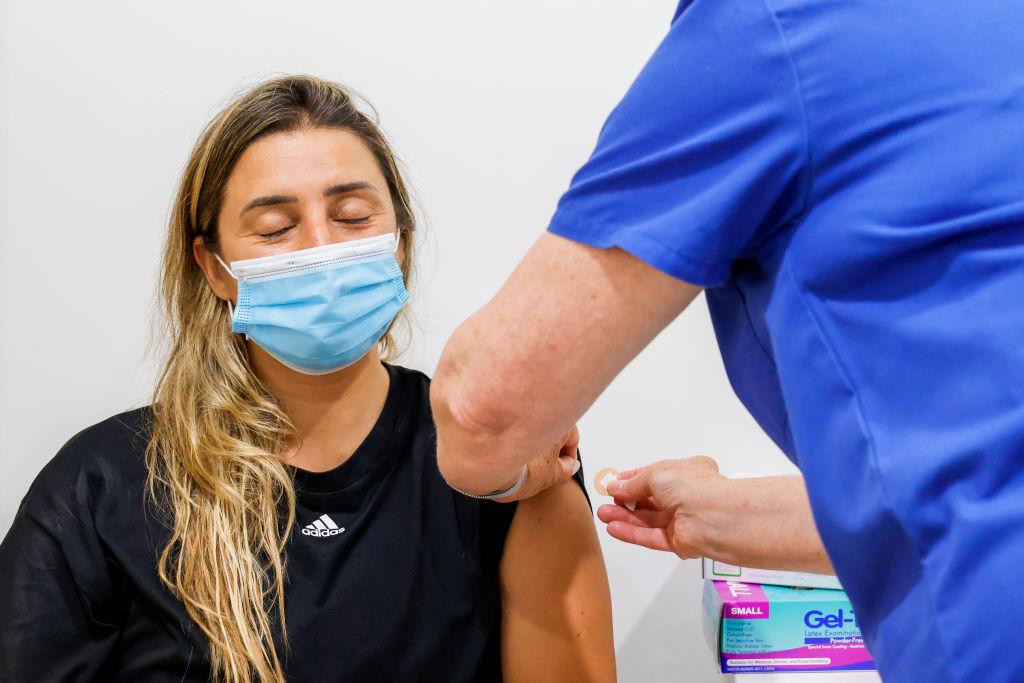Leading infectious disease expert and Director of the Doherty Institute, Sharon Lewin, has said a system of chasing variants and giving people repeated COVID-19 booster shots was not a viable strategy.
“We won’t be able to manufacture that amount, and you’ll never be able to keep up with the variance,” Lewin told the Australian Financial Review. “An Omicron variant vaccine may not be better than a Wuhan vaccine, even against Omicron.”





